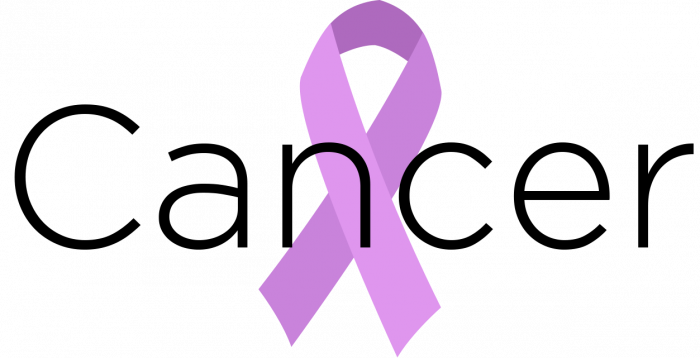The chances of dying from cancer for men has dropped about six percent from 139 deaths per 100,000 males in 2014 to 131 this year, according to a paper in the Annals of Oncology medical journal.
For women, the improvement is 3.6 percent, from 86 deaths per 100,000 females to 83, the study showed.
However the total number of deaths is expected to increase to 1.4 million in 2019, a rise of nearly five percent from 1.35 million in 2014. Some 787,000 will be men and 621,900 women.
The study showed that lung cancer among women will this year claim more lives than breast cancer -- 96,800 against 92,800.
Lung cancer remains the most deadly form of the disease, with 279,000 combined deaths expected this year.
As for breast cancer, the study reports significant improvements since 2014 in the biggest EU countries. Britain leads the way with a 13 percent fall in the death rate, followed by France down 10 percent, German nine percent, Italy seven percent and Spain five percent.
Poland however showed a two percent increase, according to the study, written by professors Carlo La Vecchia of the University of Milan and Fabio Levi at the University of Lausanne in Switzerland.
"It is clear that despite the good news that death rates are declining in most cancers, the bad news is that, due to growing and aging populations, the number of people who will die from cancer is increasing," said professor Fabrice Andre of the Institut Gustave Roussy in the Paris region and Annals of Oncology editor.
"This represents a significant burden on society, and more needs to be done to prevent cancers occurring in the first place, particularly by reducing the numbers of people who smoke and are overweight."
















































